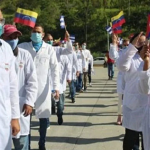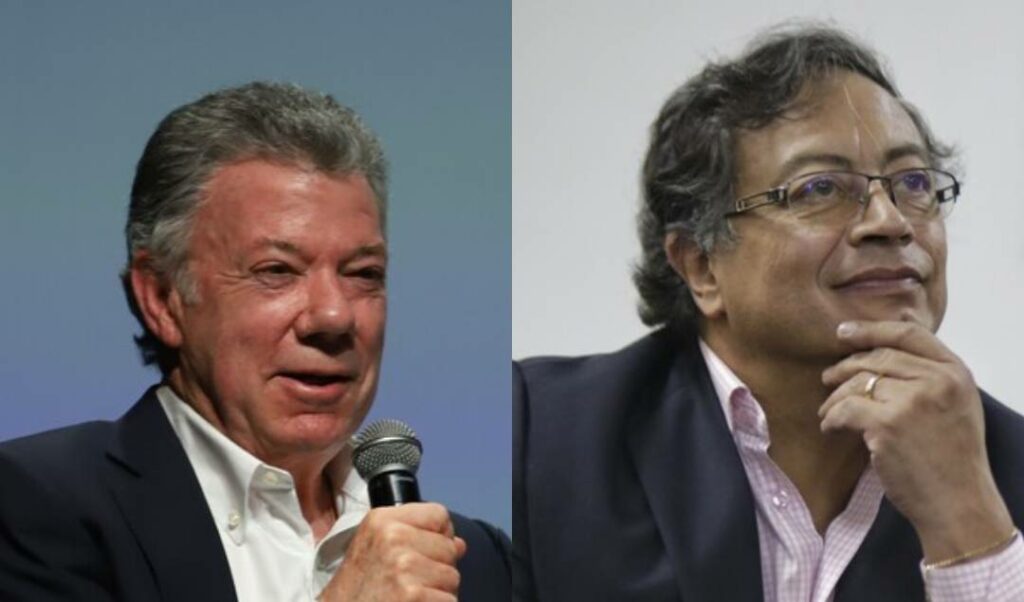The Minister of Labor and Social Welfare, Jeannette Jara, led the government team that entered the Senate Chamber on Tuesday afternoon to witness the vote on the project that reduces the working day from 45 to 40 hours a week. Jara is considered by parliamentarians the main face of this emblematic process. There is a coincidence that, during the months prior to the parliamentary discussion, the minister showed a great capacity to work on the project at the government level and with sectors of the right, a skill that is highly valued in the ruling party, due to the minority scenario in The congress. Both pro-government and opposition sectors appreciate the leadership shown by Jara and agree to recognize the “good job” that she has carried out in the processing of this emblematic project for the Executive.
A sample of Minister Jara’s style was evident at the end of yesterday afternoon, after the 40-hour project was approved in the Senate, when the Secretary of State asked for the floor to recognize the work of the opposition in the Commission of Work of the Upper House: “I want to greet those who opposed this idea and took the step and sat down to talk with us”, referring to senators Luciano Cruz-Coke (Evópoli), Rodrigo Galilea (RN) and Iván Moreira ( UDI).
Among the parliamentarians, all recognize the key role that the head of the Labor portfolio has had in the political and technical discussion of the project to reduce the working day, to the point that they speak of “the Jara Law”. The minister was responsible for and led the numerous instances of dialogue, among which the call to more than 200 tables to gather background information for the indications that entered the original project stands out, an instance that was very important to move or reactivate the project in moments where there was not much willingness from the opposition. In addition, the work she carried out in the Superior Labor Council, an official tripartite body where the CUT and the CPC also participated as highest representatives, including the then president of the CPC, Juan Sutil, was widely valued. The dialogue and the agreements reached in said instance made it possible to grant greater legitimacy to the indications.
One of the important agreements was the one reached between the Coordinadora de Trabajadores y Trabajadoras de la Minería (CTMIN) and the large mining companies gathered in the Mining Council, where the workers, employers and the Government participated. In this law the different regimes of working hours were worked: ordinary, special, for workers in private homes and other exceptional ones related to mining.
For the senator from Evópoli and president of the Labor Commission, Luciano Cruz-Coke, who shared the processing of the project with the Secretary of State, the key to his work is pragmatism and his willingness to yield. “The minister was pragmatic, she made concessions in substantive elements of the project, which originally had a rigidity that made it unfeasible. Therefore, it is appreciated that the minister and Undersecretary Boccardo, who was fundamental in this process, were willing to modify elements essential, in order to reach an agreement for a 40-hour version of the project that is completely different from the original motion”, assures the parliamentarian.
Cruz-Coke points out that the great merit of Minister Jara, in her opinion, has been “to be able to appraise political reality, appeal to pragmatism and give in on relevant points in order to reach an agreement with great flexibility, responsible gradualness, which responds better to the current challenges of the labor market”. A positive judgment that reveals the good impression that the work of the Minister of Labor causes in the opposition and that was reflected yesterday in the approval of the project in the Senate and that now begins the third process in the Chamber of Deputies and Deputies.
The senator and also a member of the Labor Commission, Loreto Carvajal (PPD), admits that “it was not easy” to achieve the transversal agreement that the ruling party signed in the Senate, and that it necessarily implied negotiating with Chile Vamos, the Republican Party and sectors independent. In addition, according to the parliamentarian, “Minister Jara had a great mission that was achieved, which is to put everyone at the table and ensure and guarantee a transversal agreement. And just as this agreement was made and generated, we hope that the Chamber of Deputies act accordingly.


















